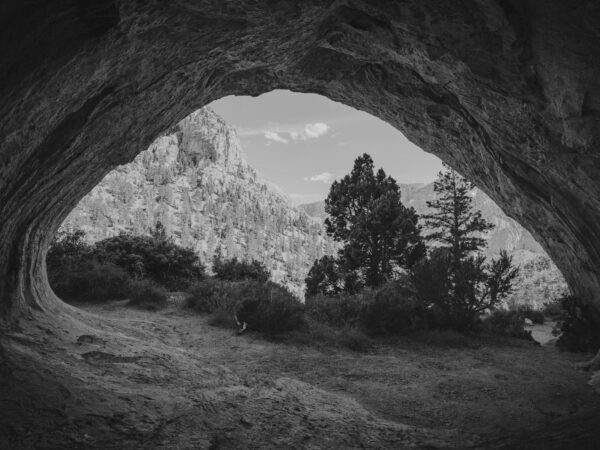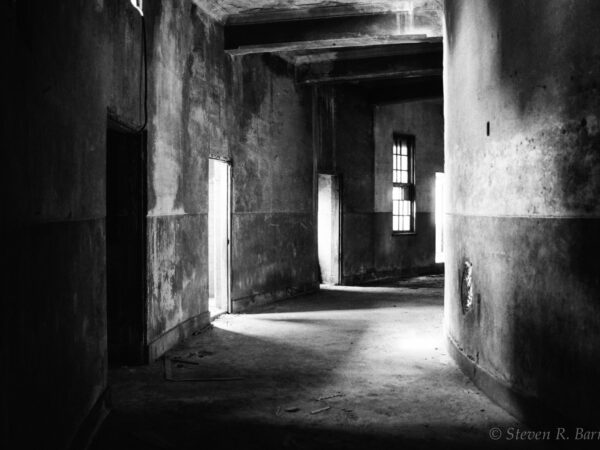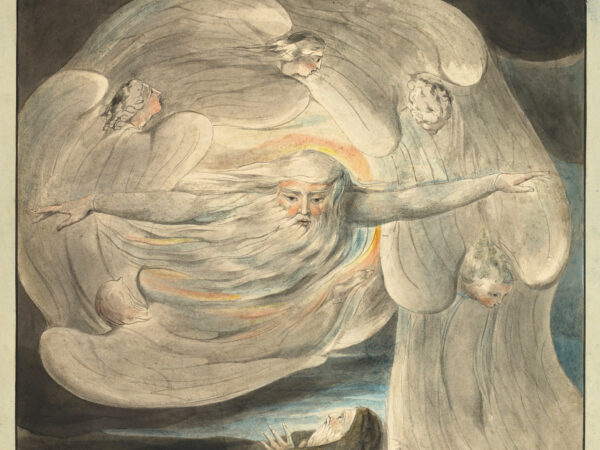
To think of this empire as anything other than wrapped up in mimesis is to think otherwise. This essay explores how mimesis has captured us all and conscripted us into its political ontology. This essay offers another way to consider being; another way to find ourselves with the introduction of Jesus as a Political Atheist.

While, convinced that the thinking of nature reached its apogee in nineteenth-century German Naturphilosophie, philosophers and scholars in the humanities abandon it for being historically limited and treat it with disdain as an anachronistic remnant of hierarchical reasoning projected onto the world at large, new studies in theology show that nature is anything but an outdated concept. On the contrary, it breathes with the promise of a future, notably the future or the futures of the past, of what nature will have been.

Compost is a living,breathing site of transformation from death to new life. While the following insights from liberation theology may not be articulated in the same way today or fifty years hence, their molecular substructures live on in their fertilization of theological re-visionings that are born of struggle and affirm the liberating primacy of life, love, and solidarity.








